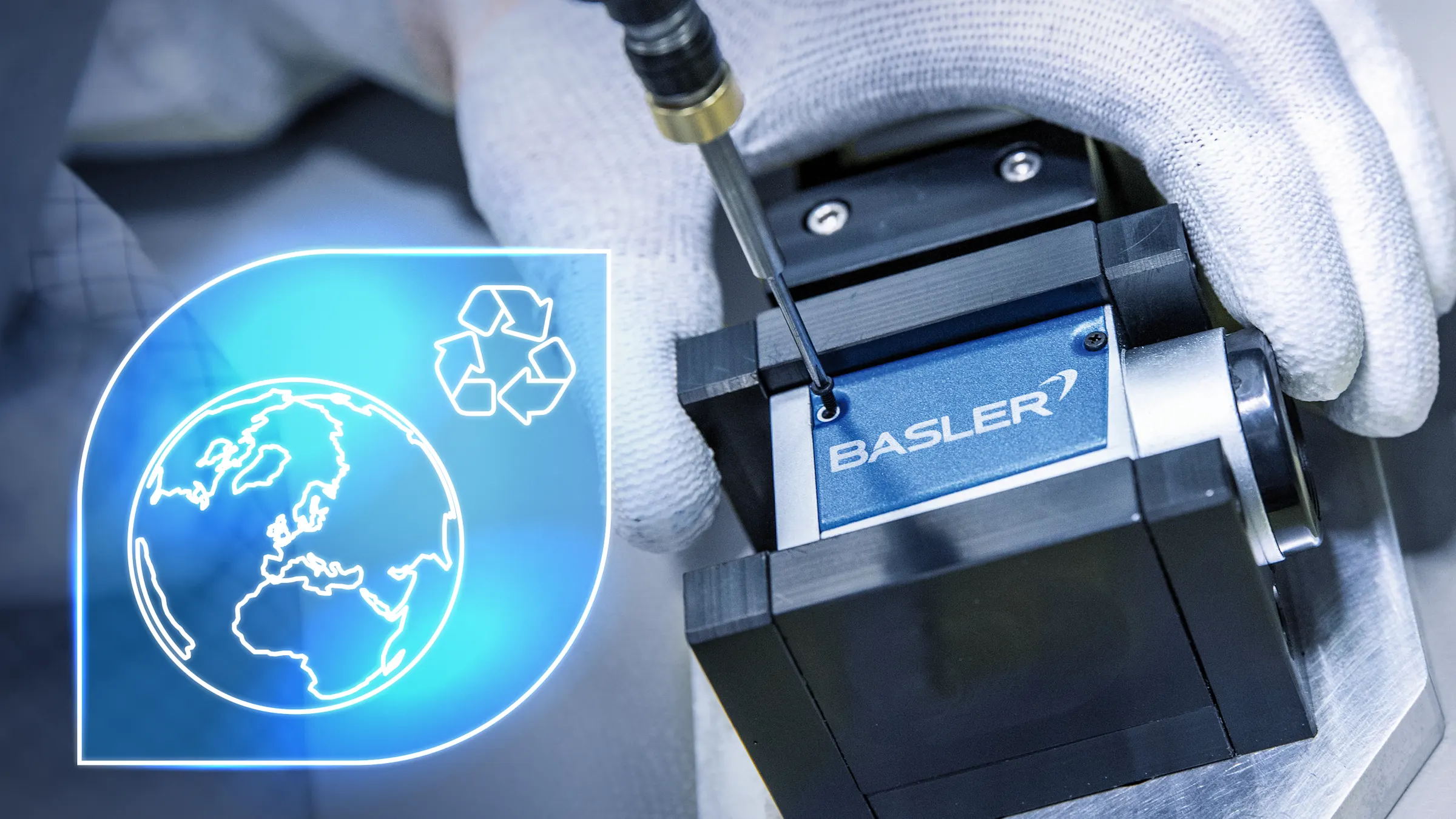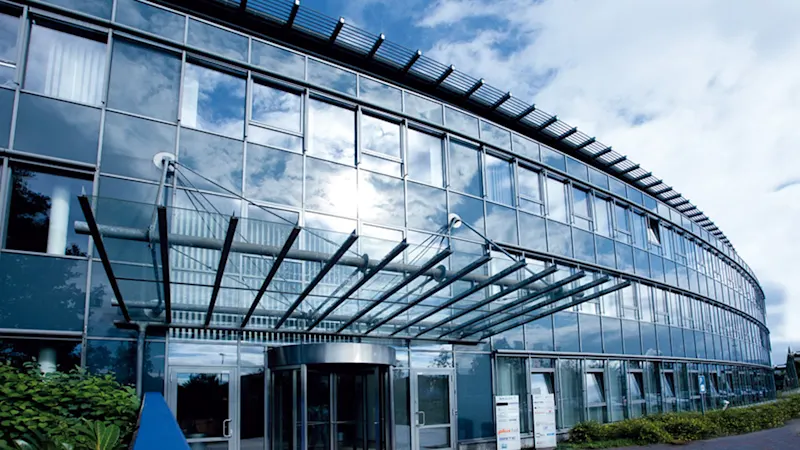Sustainable electronics
The environmental sustainability of our business depends on how we manage the typical challenges of manufacturing electronics. Of particular importance to us are the issues of electronic waste and potential pollutants.

Electronic waste
The world currently produces about 53.6 megatons of e-waste annually. That's 7.3 kilograms per person on the planet per year - and rising. The whereabouts of 83% are unclear, with recycling rates fluctuating widely around the world.
This is anything but sustainable, because electronics contain valuable raw materials whose extraction consumes a lot of energy and can cause environmental damage. Basler therefore wants to contribute to a more efficient and environmentally friendly handling of electronics - and not just because of the global supply shortage experienced in the wake of the Corona virus pandemic. Our overall goal is to achieve a more efficient use of valuable resources. Our philosophy:
Avoiding e-waste is always better than recycling, since energy is also consumed in the process and not all raw materials can be fully recovered.
Therefore, we have committed ourselves to continuously reduce the electronic waste generated in production and support in relation to our sales volume of electronic products. The unavoidable remainder is then disposed of exclusively by our certified recyclers. In addition, we are exploring ways to further reduce e-waste in other ways with targeted initiatives.
Learn more about the Basler Climate and Environmental PolicyPollutants
Another challenge in handling and disposing electronics are the chemical substances that are suspected of having potentially harmful effects on humans and the environment. Our products meet the highest industrial requirements and legal standards, such as ROHS and REACH, and contain at most minimal amounts of substances of concern. However, since even the smallest amounts can theoretically accumulate in the environment, we regularly conduct substitution tests for possible alternatives.
We are currently working to increase transparency about all substances in our products beyond what is legally required, including those who are not currently considered to be of concern. This helps us identify the potential for further improvements in avoiding substances of concern. In this way, we increase certainty for ourselves and our business partners and can better control the sustainable development of our products.


